The Young Men’s Christian Association (YMCA) and the Young Women’s Christian Association (YWCA) are international, non-sectarian and non-political movements based upon the Christian faith that aim to promote healthy recreation, personal development and leadership among young people and to benefit the wider community.
YMCA
Founded by George Williams in London in 1844, the YMCA soon spread to several European countries. The Adelaide branch of the London YMCA, formed in 1850, was the first YMCA in Australia and one of the first outside Europe. However, it came to an end about three years later following the exodus of many members to the Victorian goldfields. Ventures at Burra in the Mid North and suburban Brompton were likewise short-lived. The Adelaide branch was refounded in 1879 with the support of an influential group of city clergy and businessmen. Its first permanent headquarters, at the corner of Grenfell Street and Gawler Place, was opened in 1884. This was replaced by a modern building in Flinders Street, opened in 1958 and demolished in 2004. In 1888 the YMCA began Our Boys Institute for work among boys. For young men, activities included Bible classes, sporting teams, lectures, debating and choral societies, a gymnasium, camps and an employment and immigration department. JJ Virgo, general-secretary from 1886 to 1900, was prominent in Adelaide’s religious life and conducted evangelistic services on Sunday evenings at the Theatre Royal in Hindley Street. During the twentieth century the YMCA founded branches in country towns and Adelaide suburbs and began new programs which now operate in partnership with the government and the local community. These include gymnastics, aquatics, outdoor camping and programs for children and youth. In 2011 the YMCA operates from 12 sites in South Australia; its headquarters are at Seaton.
YWCA
The YWCA, the female equivalent of the YMCA, emerged in the mid nineteenth century from church-based organisations in England and the United States. In Adelaide a YWCA was founded in 1879 by Mary Colton at Pirie Street Wesleyan Methodist Church. In 1884 this became an interdenominational body affiliated with the parent association in England. Initially its main object was the religious conversion and moral protection of young women working in the city. There were close organisational and personal links between the founders of the YWCA and the YMCA. The first permanent headquarters, in Hindmarsh Square, Adelaide opened in 1900. The work of the YWCA expanded to include physical recreation, social and educational activities, aid for travellers, an employment department and hostel accommodation. New branches were formed outside Adelaide and members were encouraged to form community-based clubs. Influenced by feminism, the YWCA is active in the public sphere on issues concerning women.
Twenty-first century
Although the original evangelical impulse has diminished over time, both organisations retain a liberal Christian ethos.


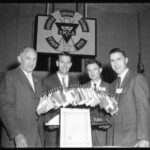

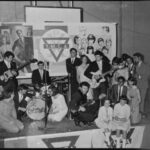
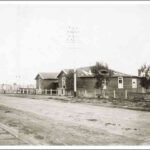
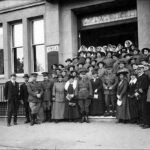
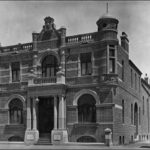
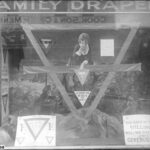
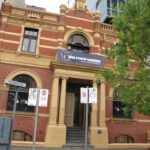
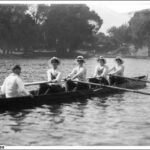

Comments